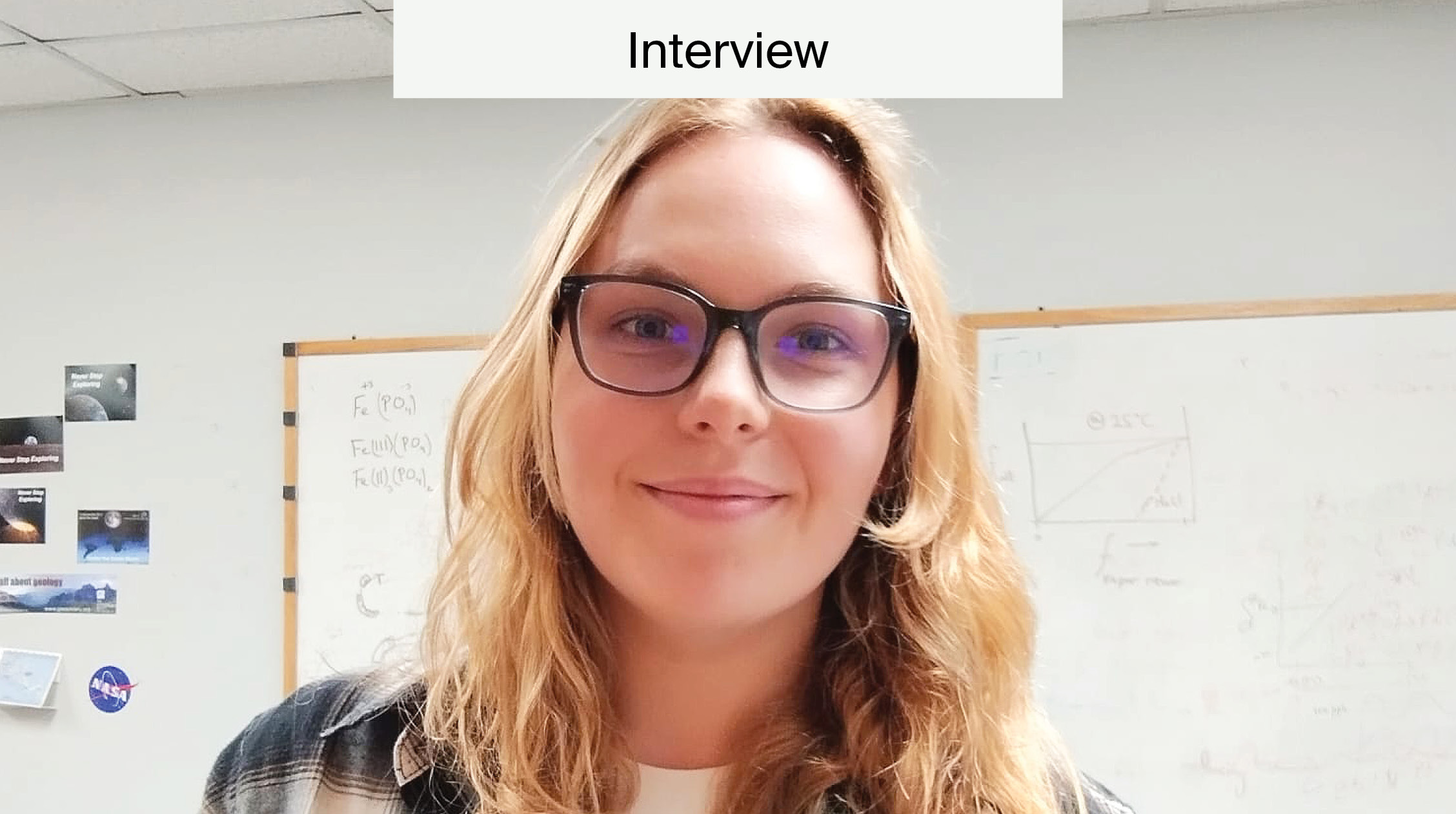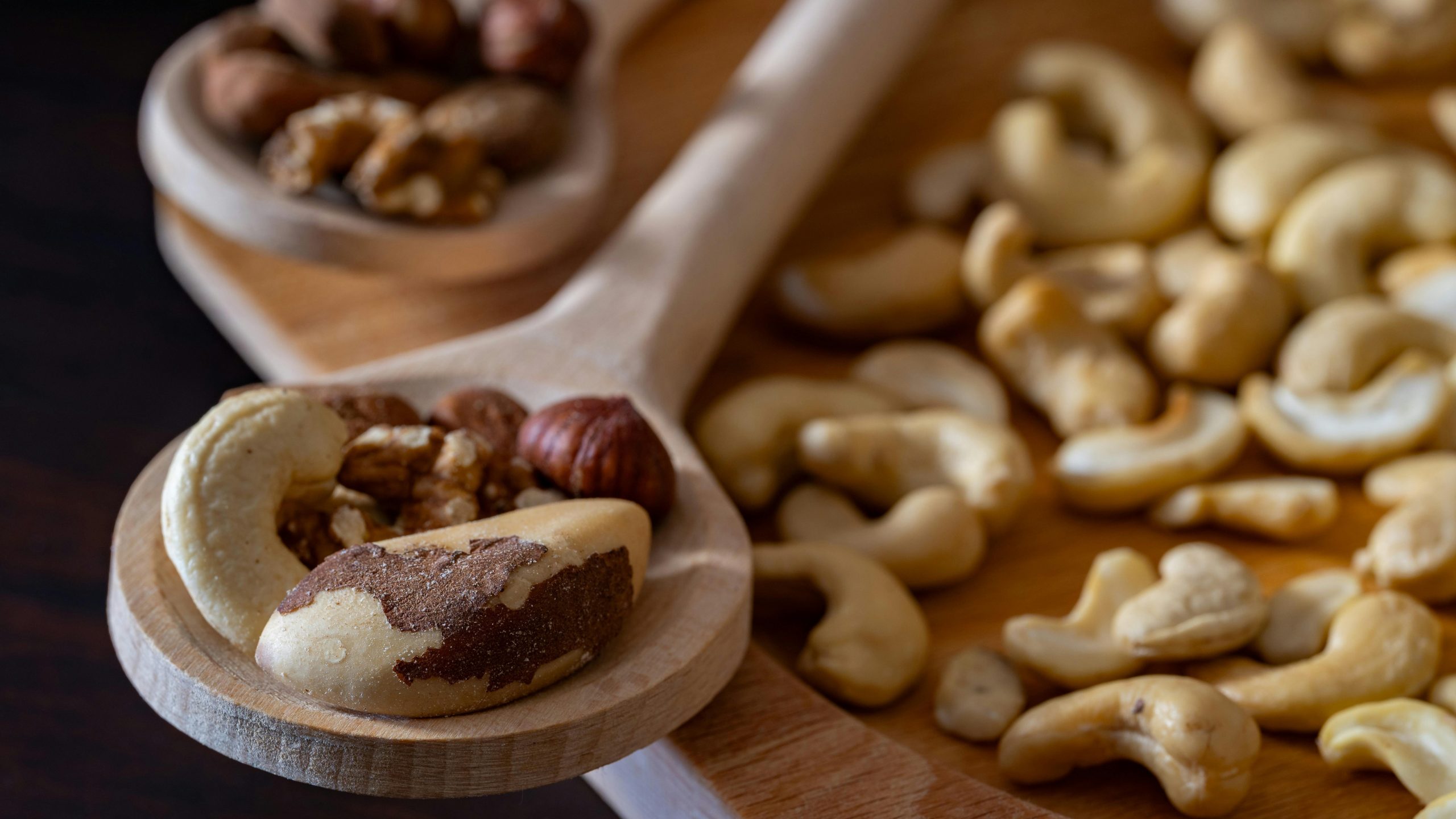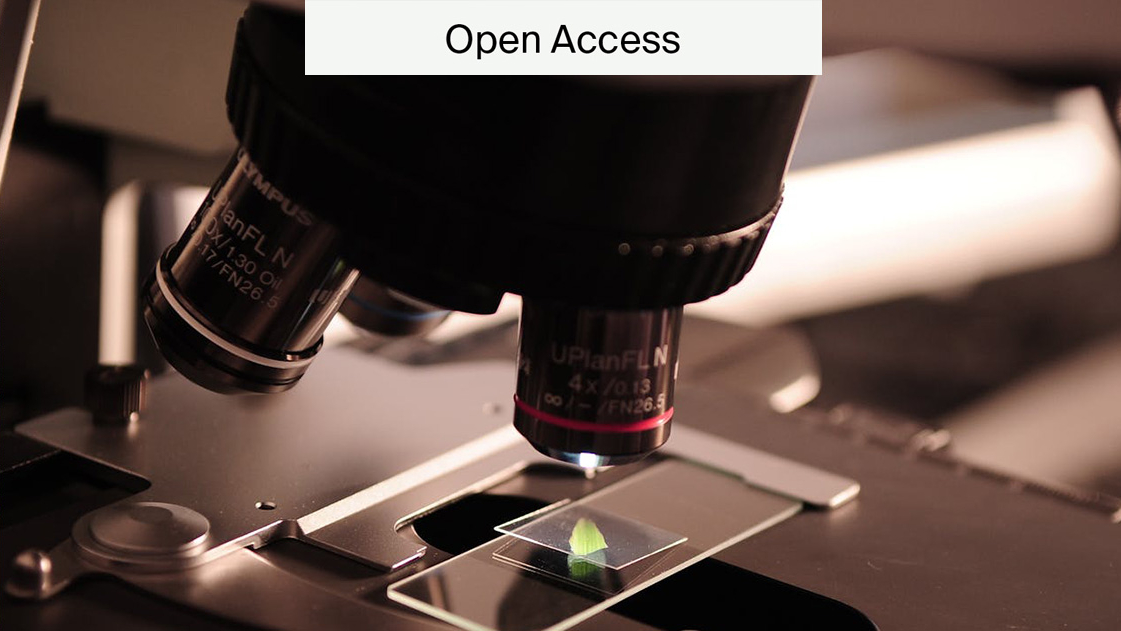
Best PhD Thesis Awards: Interview With Adrienn Szucs
Theses are key milestones in every academic’s journey. They are the culmination of years of work, often serving as the first contribution scholars make in their fields and impacting their future career prospects. Advice from someone who has written a highly successful thesis is thus invaluable for students.
One of many awards MDPI runs to reward the academic community is the Best PhD Thesis Award. This prize is awarded to a student or doctor who has produced a thesis with great academic potential.
We interviewed Adrienn Szucs, the winner of Minerals’ Best PhD Thesis Award, about her research and how she approached writing her thesis.
What motivated you to pursue a PhD in your field?
“It all started back in my undergrad days at Szent Istvan University in Hungary, where I was studying Agricultural Engineering in Environmental Management. I had this growing interest in sustainability, which led me to Trinity College Dublin for my master’s in environmental sciences. It was during this time that I stumbled upon the captivating realm of research, thanks to my supervisor Juan Diego Rodríguez-Blanco and his contagious passion. I had the opportunity to start my PhD under his supervision and just like that I spent four years focusing on crystal growth, rare earth elements (REEs), and carbonates.
The focus of our research was simple: rare earth element (REEs). Research itself is exhilarating: the freedom to explore new ideas and uncover discoveries no one has made before is truly thrilling and fulfilling. But conducting research in a field with the potential to make a global impact adds an extra layer of motivation and excitement.”
What are rare earth elements and why are they important?
“Rare earth elements (REEs) are vital for a sustainable future, as they are integral to clean technologies, including wind turbines, electric vehicles, and everyday devices like cell phones and laptops. Their importance in this context cannot be overstated.
To support sustainability, it is imperative to develop environmentally friendly and efficient REE separation protocols and enable the recycling of REEs from industrial waste. These elements are not only the building blocks of modern clean energy and electronics but also the key to reducing our environmental impact. They hold the potential to make our journey towards a sustainable future not just a possibility but a practical and accessible reality.
Being a researcher in this field offers a lot of opportunities to contribute to a sustainable planet; it’s easy to remain passionate.
The concept is easy: by understanding the natural behaviour of REEs, we can maximize their utilization with optimal efficiency.
Hence our research seeks to shed light on the biogeochemical behaviour of individual REEs across the lithosphere, hydrosphere, and biosphere. While these elements exhibit similar behaviour under identical conditions, discerning the nuances that set them apart remains a challenge.”
What approach did you take in your work?
“We adopted a unique approach by mimicking natural processes rather than focusing solely on natural resources. Basically, instead of the traditional approach of studying natural samples, we made the deposit-forming REE-carbonates artificially, so we can control and change the parameters of the environment they grow in.
We focused on the formation of REE-carbonate deposits, which contribute over 60% of our rare earth element supply, through interactions between common carbonates and specific REE-rich solutions at low temperatures (25–220°C).
These findings have already found practical application in the field of REE exploration. By understanding the precise conditions necessary for the mineralization of REE carbonates in REE-rich deposits, we have gained valuable insights that enhance the search for new REE resources.
Furthermore, the results have shed light on the distribution tendencies of individual REEs in natural REE-carbonate deposits, revealing the structural behaviour and kinetic barriers unique to each element. The project has also provided in-depth insights into the formation of specific REE-carbonate and REE-oxide phases, such as lanthanite, tengerite, kozoite, hydroxylbastnasite, and cerianite.
This information effectively serves as a “recipe book” for material synthesis, enabling the creation of substances with targeted chemistries, structures, and surface properties for advanced industrial applications, including innovations in battery technology and wastewater treatment.”
How did you manage your time effectively and structure your workload whilst writing your thesis?
“I began with the intention of completing my work ahead of schedule to avoid the last-minute rush and stress of writing. Therefore, I set a goal for myself: to have three chapters published by the end of the third year, with one paper completed each year.
I had hoped that by doing this, I could spare myself the stress of both writing and the viva. This approach allowed me to establish short-term deadlines for concluding experiments, organizing data, and writing, thus preventing the accumulation of unfinished work in my final year.
I was—of course—late (I knew I would be when I made this my goal) but I managed to stay only six months behind, giving me enough breathing room to complete my PhD without feeling overwhelmed in the final months. It allowed me to explore ‘after PhD’ opportunities and conduct research without the pressure of looming deadlines.”
What advice would you give to students starting or coming to the end of their theses?
“Mentally brace yourself for the tedious battle of formatting. It can be frustrating when your thesis is complete, but the software messes up your figures and the page numbers don’t align correctly, resulting in a true editorial nightmare. Give a week or two just for formatting.”
What were your expectations going into the process and how did the reality differ?
“When I think about pursuing a PhD, research immediately comes to mind. However, I’ve discovered that it involves much more than that. I’ve been surprised by the variety of soft skills I’ve learned, such as project management, time management (despite my challenges), flexibility, adaptability, communication (both written and oral), graphic design, science communication, budgeting, etc. These skills come handy in so many fields and not just in research. I’m not sure where else I could have picked them up.”
How did you decide on your research question for your thesis?
“For me, it was just a genuine fascination. Rare Earth Elements (REEs) are captivating. Despite often sharing common traits in nature, they each hold unique characteristics. I found myself drawn to exploring these differences and studying their behaviour on a deeper level. Replicating nature is fun, and the results gained have global relevance.”
What would you have done differently?
“If I could go back, I would tell myself to stop obsessing over deadlines, to refrain from comparing my progress with others, and to simply worry less.”
For more content to help you write your thesis, read more on how To conduct a literature review and the benefits of language editing.
Another way to reduce time and stress during the writing process is to use language editing services for your research. MDPI Author Services offers high-quality English editing by native-level editors, ensuring that the language of your research meets the highest academic standards. There is currently a 20% discount on theses or dissertations over 10,000 words.
Our team of highly skilled English editors have edited over 60,000 papers, with a 97% author satisfaction rate. Our services are available to both MDPI authors and those publishing with other journals. Visit the link above to get a free quote today.












That was helpful. Thank you 💖🙏